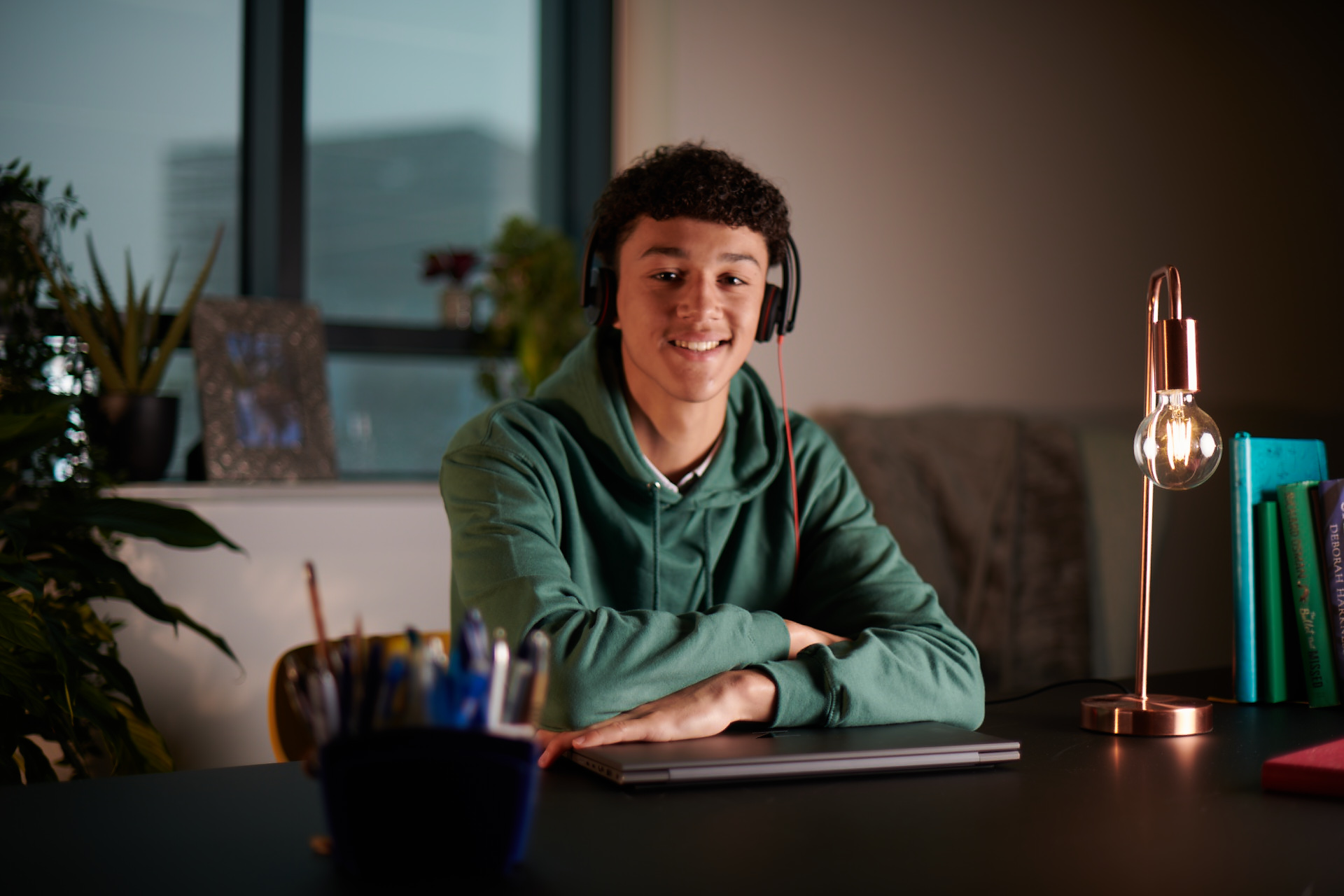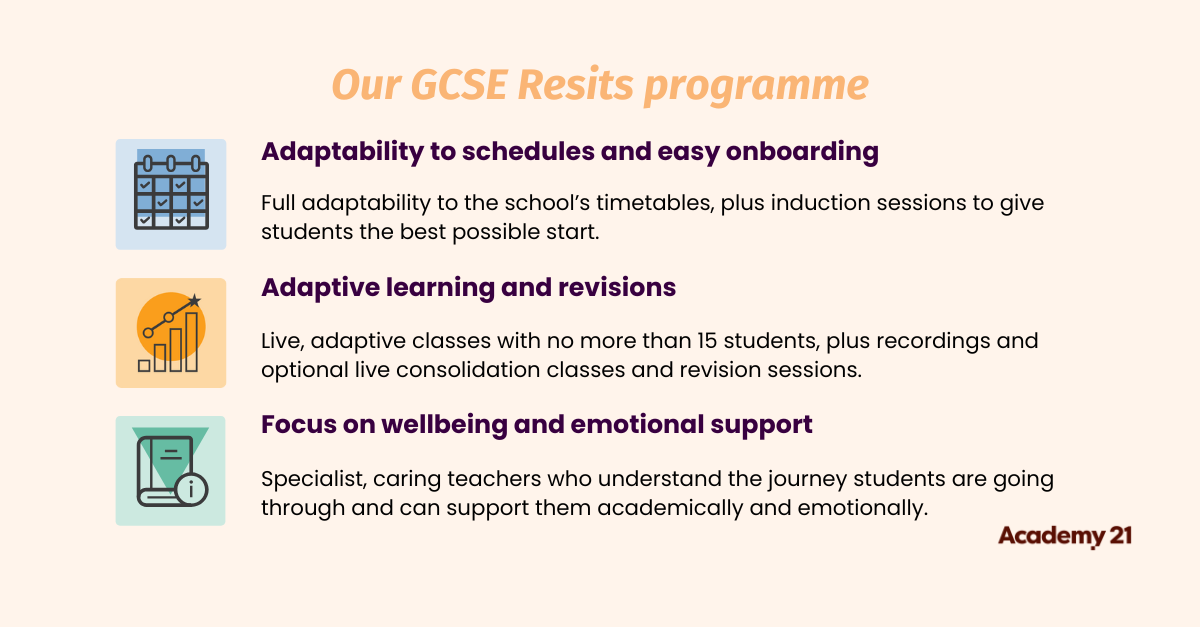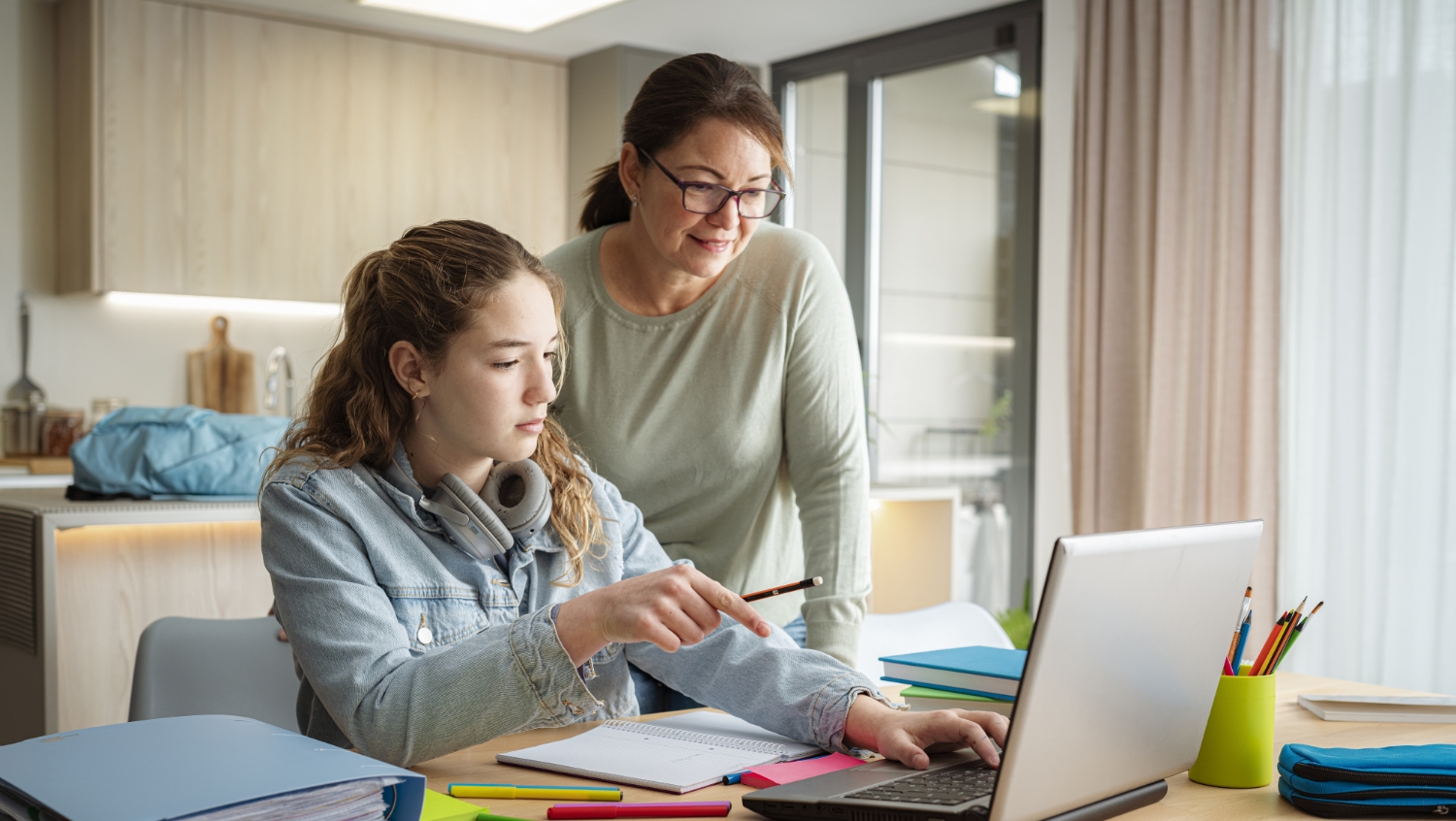No student left behind: Supporting the ‘forgotten third’ through GCSE resits

As this year’s exam cycle comes to a close, many of us in education begin to take a breath and reflect. It’s been a long road to this point, for students and teachers alike, and we now look towards results day with a mixture of hope and anticipation.
We hope that our students have been able to draw on everything we’ve taught them as they sat their GCSE exams, and that they’ll see that hard work reflected in their grades come August. For many, that will be the case. But for others, things might not go quite as planned.
Among those will be students who haven’t yet achieved a Grade 4 in English or maths. And while that can feel like a setback, we must remind them that this isn’t the end of the story. At Academy21, we’re here to help these students take their next steps, with dedicated support that combines high-quality teaching and a strong focus on wellbeing.
A snapshot of the national picture
According to TES, in 2024, 71.2% of 16-year-olds passed English (grade 4 or above), and 59.6% passed maths. That means around 36% of students left school without a standard pass in both subjects.
That’s more than a third of all 16-year-olds who, after 12 years in formal education, are facing limited pathways because they haven’t achieved the benchmark in English and maths. But behind the numbers are young people – students who’ve worked hard, shown up despite adversity, and still haven’t quite made it.
In many cases, these are pupils who have faced disruptions beyond their control: SEND, family challenges, school exclusions, mental health concerns, or socio-economic barriers.
Research consistently shows that pupils with special educational needs or those eligible for free school meals are more likely to fall into this category. And without timely, targeted support, they risk falling further behind.
Embracing the reality that grades matter
While we never want to reduce a student’s potential to a single number, the reality is that grades matter. Achieving a Grade 4 or above in English and maths is often a key that unlocks access to further education and future opportunities.
These core subjects are often essential for college entry, apprenticeships, and employment. They also equip students with fundamental skills used daily in adult life, from communication to numeracy.
For many students, GCSE resits are a critical opportunity to break through those barriers and build the future they deserve.

Why students should resit their exams earlier rather than later
For some students, retaking GCSEs in the November session can be a smart strategy. The material is still relatively fresh, motivation levels can remain high, and the gap between sittings isn’t too long, making it easier to keep the momentum.
Here’s why resitting exams in November may be beneficial:
- Fresh in Mind: The course material remains relatively fresh in students’ minds, making it easier for them to recall and apply what they’ve learned.
- Reduced Study Time: Students can concentrate on areas where they initially struggled, potentially shortening the revision process.
- Doorway to Further Opportunities: Achieving a better GCSE grade within a few months can open doors to options that might have been previously unavailable to them.
- Commitment and Perseverance: Resitting exams demonstrates students’ commitment to learning and improving, which can be valuable for future employers or educational institutions.
Creating the right environment for resit success
Whether your students are willing to retake their exams in November or need a little more time, the most important thing is ensuring they receive high-quality education and academic support.
A programme like our GCSE resits programme can be beneficial to students, providing them with the knowledge, skills, and assurance to achieve their best. As part of this targeted programme, we offer one-year courses in all core subjects: English Language, Mathematics, and Science.
Importantly, schools and their students get:
- Full adaptability to the school’s timetables
- Induction sessions to give students the best possible start
- Flexibility to access classes on-site, at home, or through a hybrid model
- Small, focused groups of no more than 15 students
- Live, adaptive lessons plus recordings so students can revise at their own pace
- Optional live consolidation classes on Fridays and revision sessions
- Specialist teachers who understand the journey students are going through and can support them academically and emotionally
- A unique, targeted environment that removes many of the barriers found in traditional settings and helps students focus

Mindset matters: Supporting wellbeing alongside academics
At Academy21, we understand that a successful resit programme isn’t just about revisiting lesson content and revising. It’s about rebuilding confidence, offering personalised guidance, and helping students believe in themselves again.
Our teachers are equipped with trauma-informed and relational approaches, as many resit students have experienced significant personal challenges or adversity. As educators, it’s our responsibility to listen with empathy, respond without judgment, and create a space where every student feels seen, safe, and supported.
While targeted revision is vital, it’s a student’s mindset that often makes the most significant difference in exam resit success. The students who thrive are not always the ones with the best memory or the most natural flair – but those who are given the tools to be resilient, confident, and motivated.
This is why we prioritise holistic support in our resit programmes. We help students to:
- Develop a growth mindset, where mistakes are seen as part of learning
- Manage exam stress and anxiety through practical strategies
- Rebuild self-esteem after a disappointing result
- Set realistic, personalised goals for progress
This approach is supported by research. Dr Ariel Lindorff’s work at the University of Oxford shows a clear link between emotional wellbeing and academic success. Her studies, along with findings from the OECD and UK Department for Education, confirm that when students feel supported, they achieve more—not just in grades, but in engagement, motivation, and behaviour.
“Whole-school approaches to promoting wellbeing can influence academic attainment and have positive effects on a wide range of other educational outcomes.” — Dr Ariel Lindorff, University of Oxford
At Academy21, wellbeing is embedded into how we teach, support, and care for our learners.
The teacher’s role in second chances
For those of us who work in education, the post-GCSE period is about renewed responsibility. We have to recognise that many students retaking English or maths GCSEs are doing so under pressure, with confidence at a low and uncertainty clouding their future. What they need isn’t blame or stigma, but encouragement, structure, and belief.
Whether you’re a school leader, a classroom teacher, or a pastoral support worker, you have the power to shape how these students approach their next challenge. And if you’re working with pupils who need more tailored, flexible support, Academy21 can be an ideal partner. Contact our team to learn more about our GCSE Resits programme.



